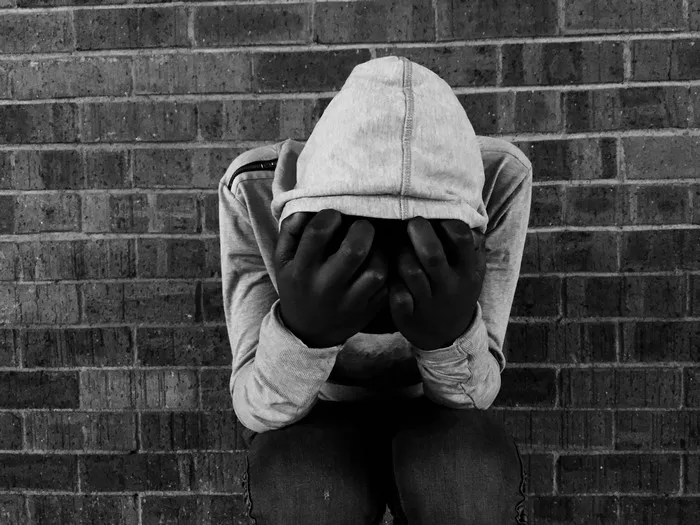FAQs
Can an enlarged prostate damage your bladder?
Yes, an enlarged prostate can damage your bladder. As the prostate enlarges, it can obstruct the flow of urine, causing the bladder to work harder to expel urine. Over time, this increased strain can weaken the bladder muscles, leading to incomplete emptying, urinary retention, and potentially causing bladder infections or damage to the bladder walls.
How many times a day do you pee with an enlarged prostate?
With an enlarged prostate, you may need to urinate more frequently than usual, often experiencing the need to urinate eight or more times a day. This frequent urination is due to the pressure the enlarged prostate places on the urethra and bladder, which can cause irritation and a persistent sensation of needing to urinate, even when the bladder is not full.
How can I improve my urination with an enlarged prostate?
To improve urination with an enlarged prostate, consider lifestyle changes such as reducing fluid intake before bedtime, limiting caffeine and alcohol, and practicing bladder training exercises. Medications like alpha-blockers and 5-alpha reductase inhibitors can help relax the prostate and reduce its size. In more severe cases, surgical options like transurethral resection of the prostate (TURP) may be recommended to alleviate symptoms and improve urine flow.
Related topics:
- 3 Causes of an Enlarged Prostate: A Quick Guide
- 5 Best Medicine for Enlarged Prostate: Understanding & Treatment
- What to Eat and Drink for Enlarged Prostate: A Comprehensive Guide


